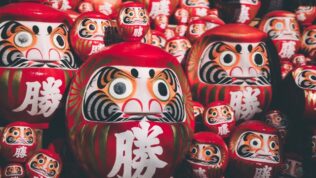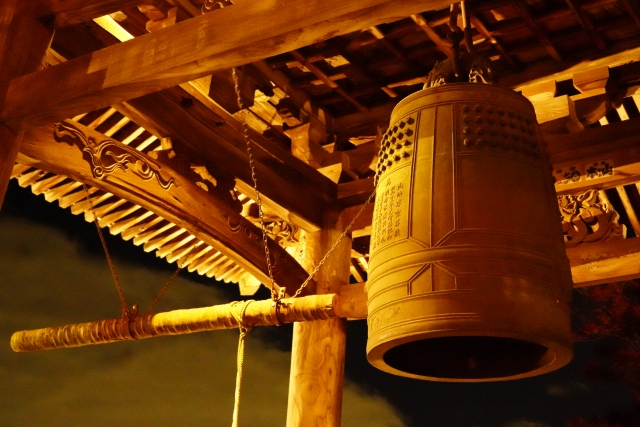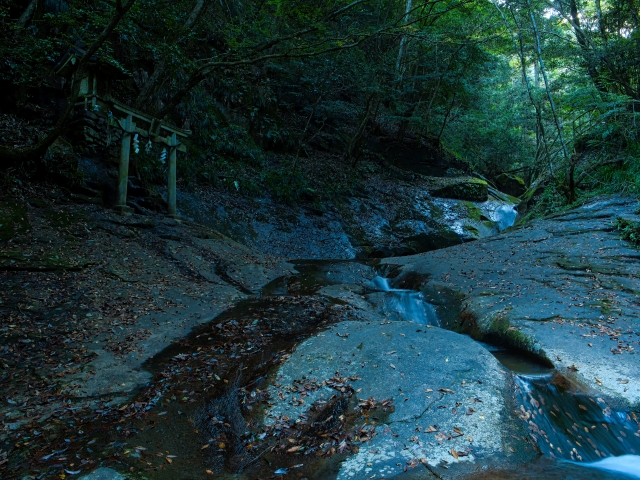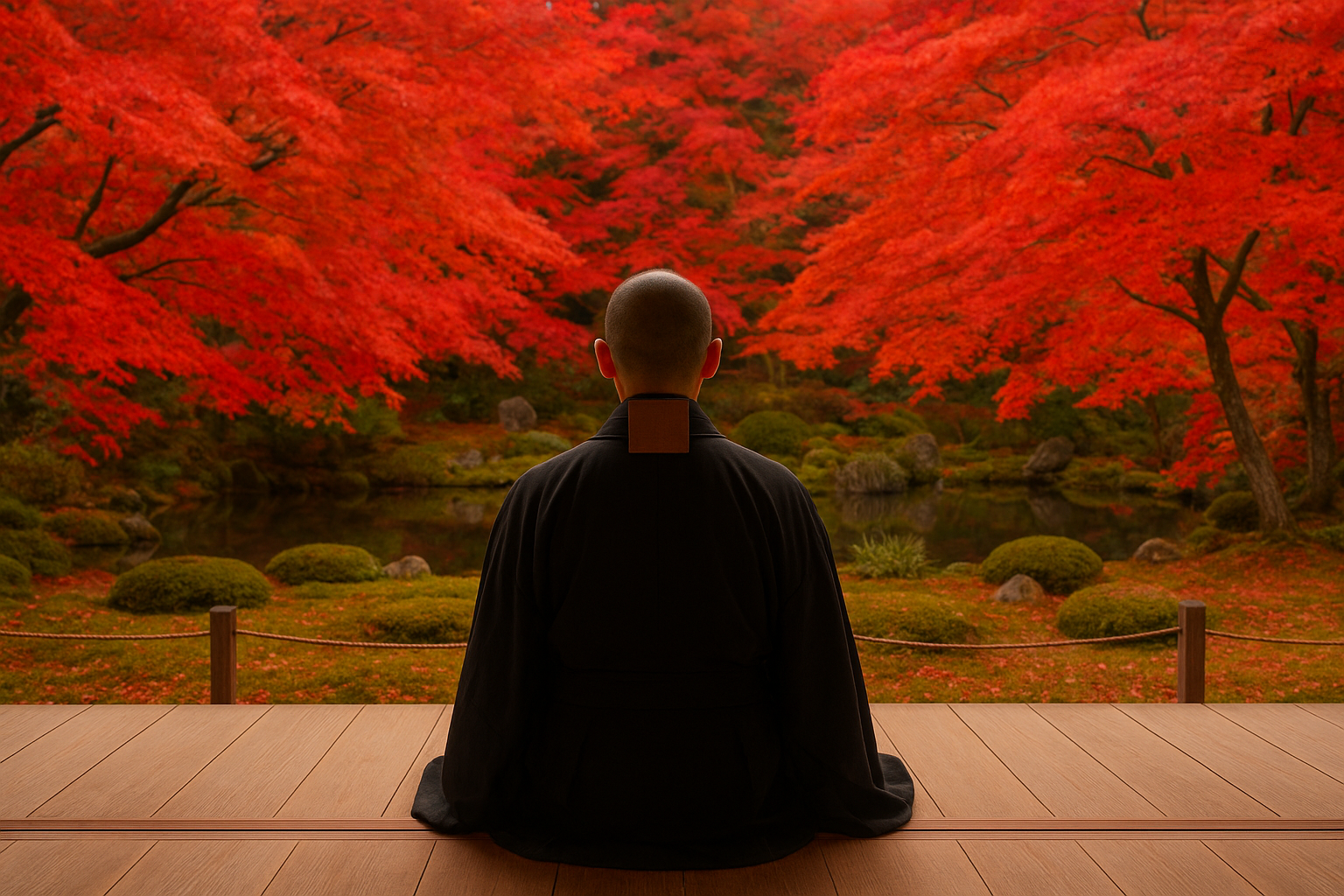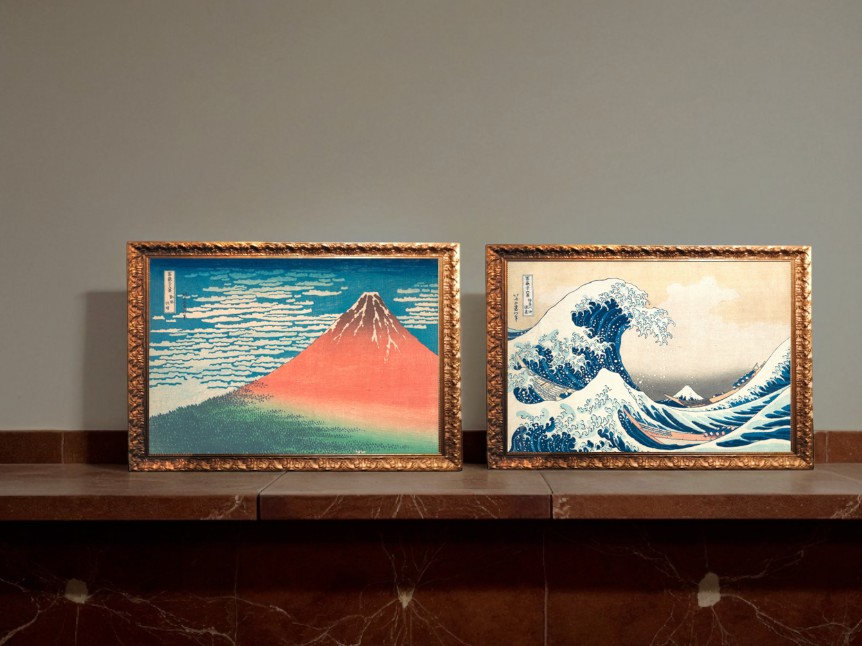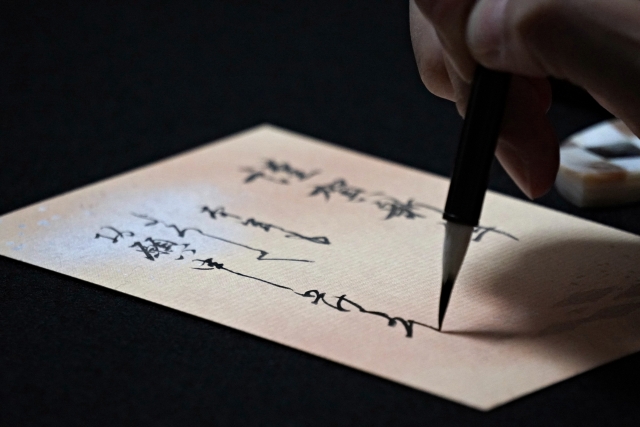Japanese culture has been shaped over centuries through a deep view of nature and the accumulation of everyday life.
In this category, we explore belief, daily customs, and traditional aesthetics, organizing them alongside their historical and regional contexts.
Culture
 Culture
Culture 
